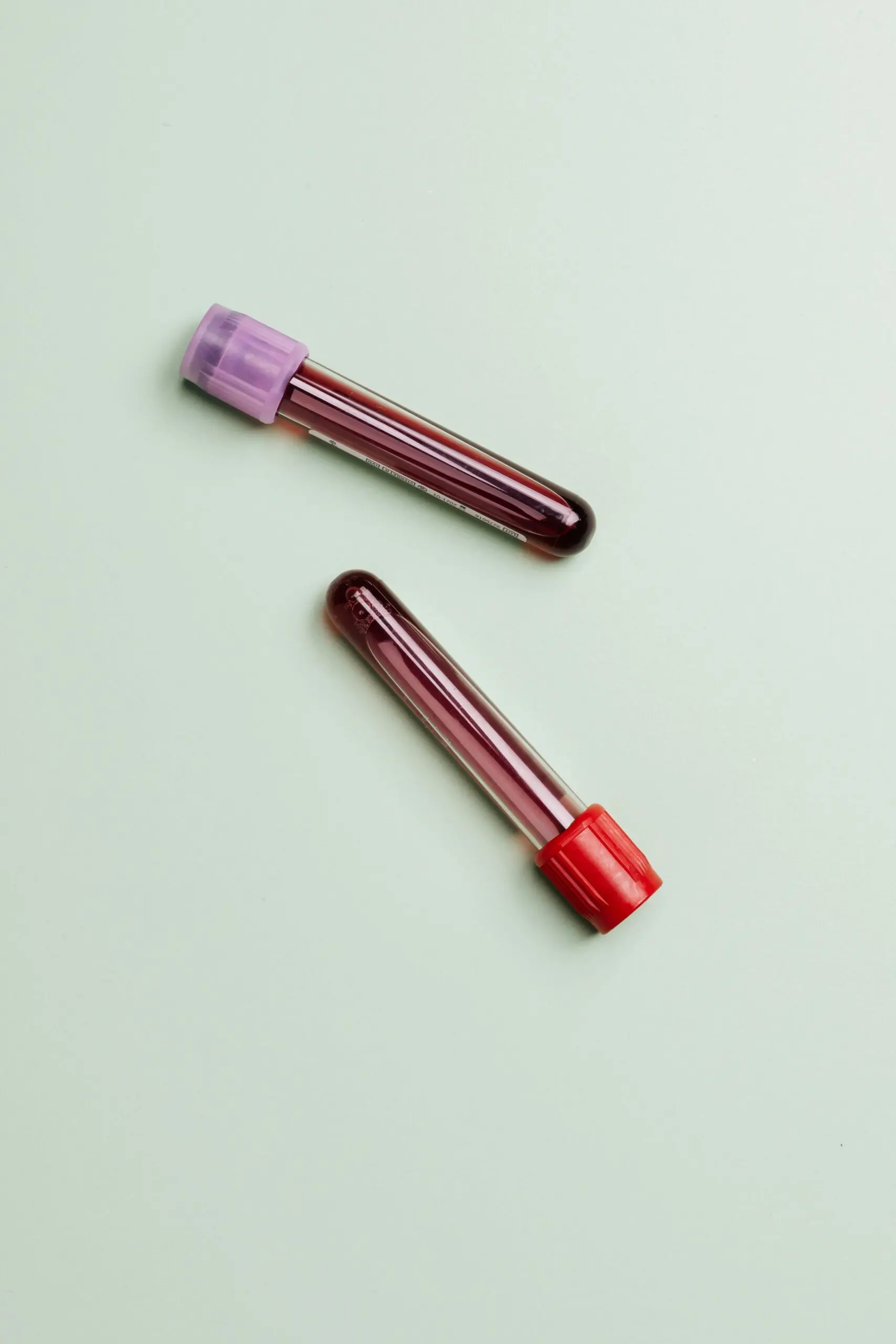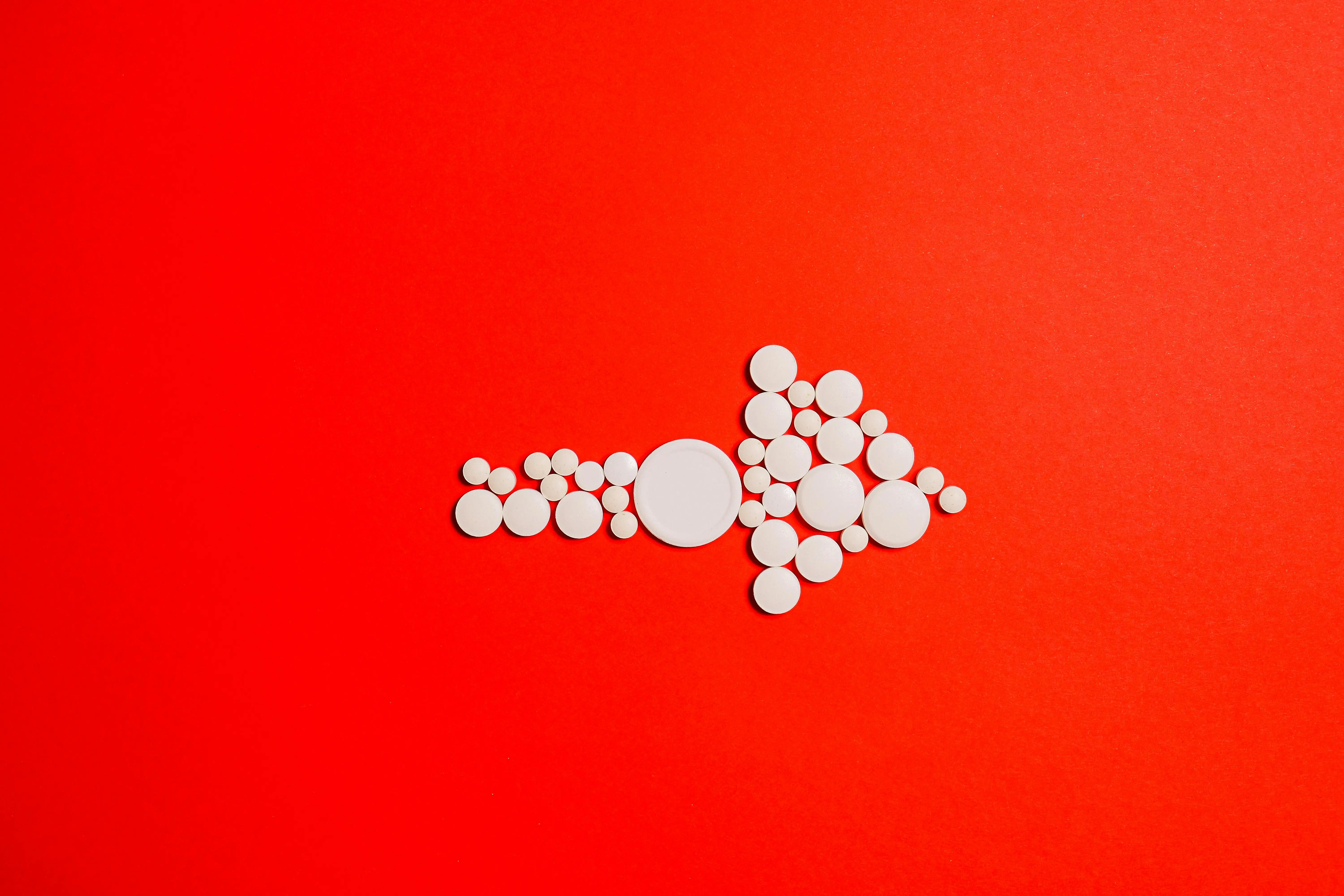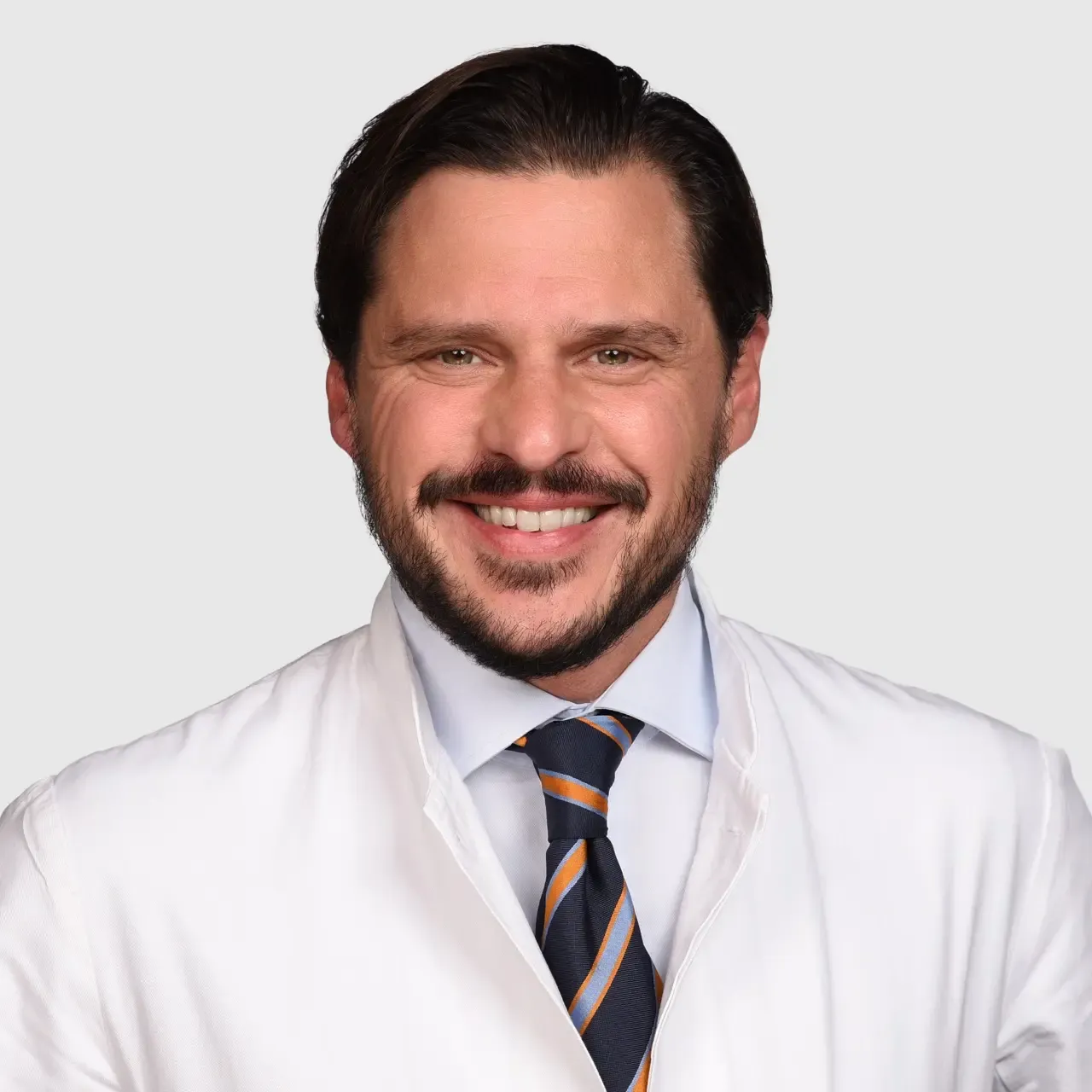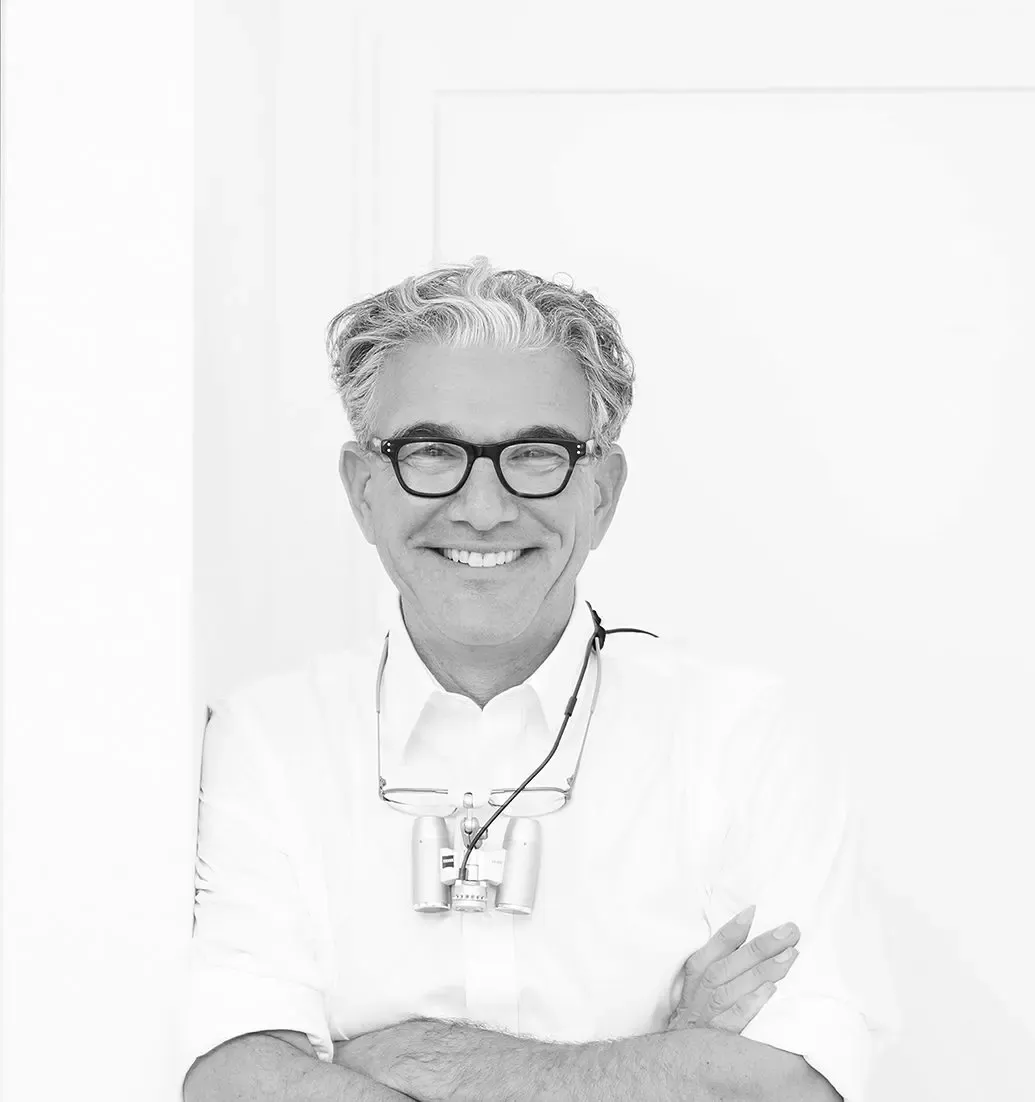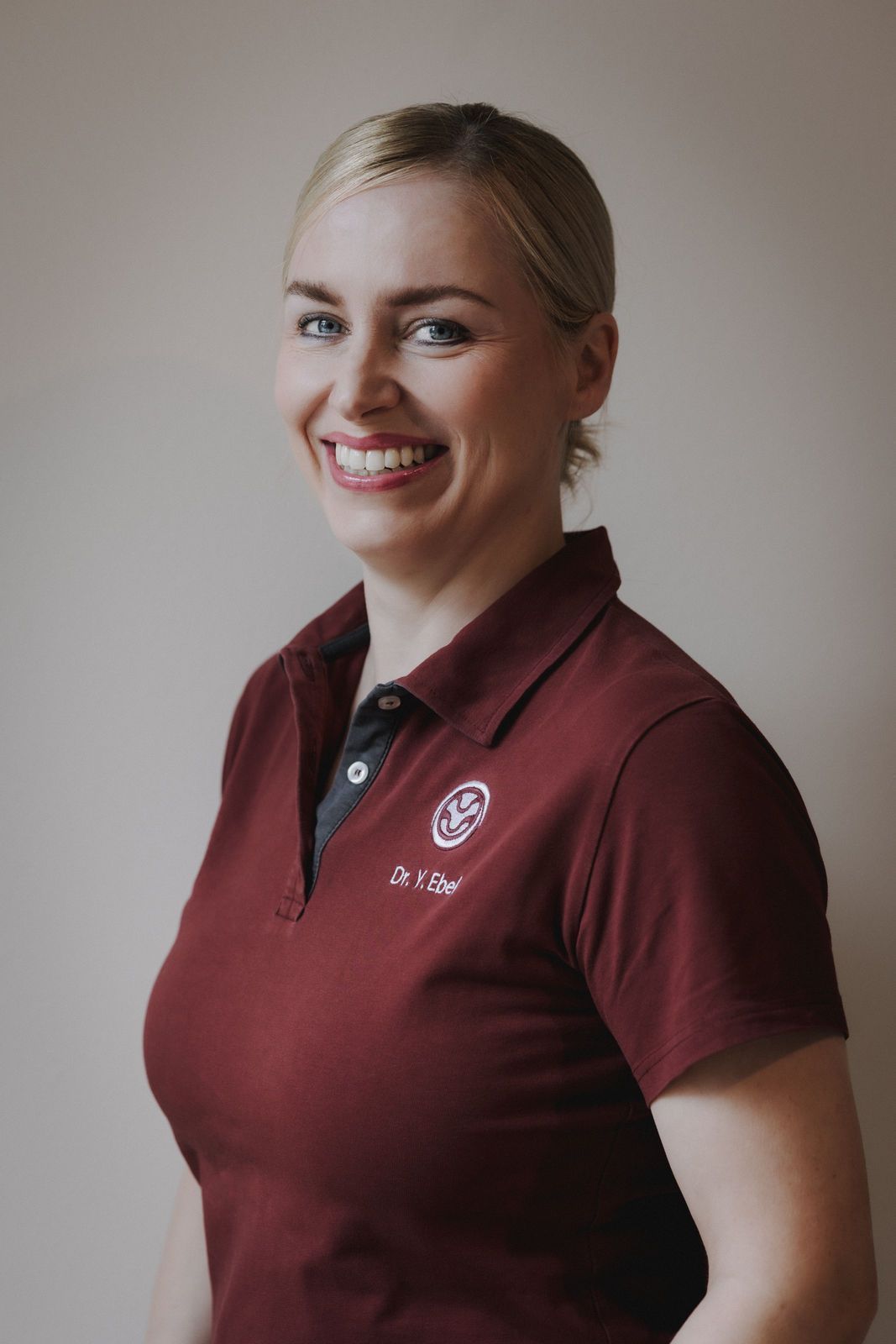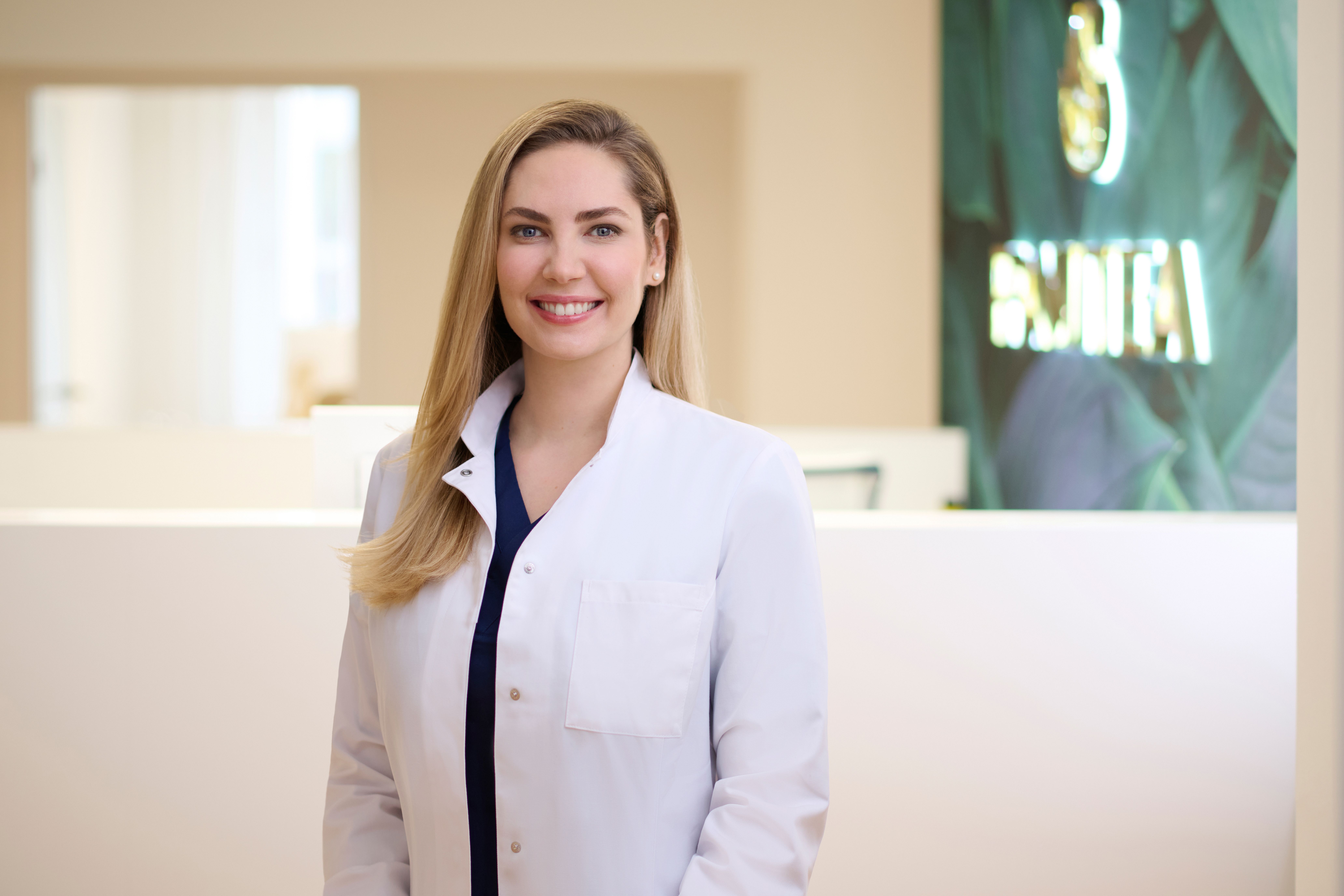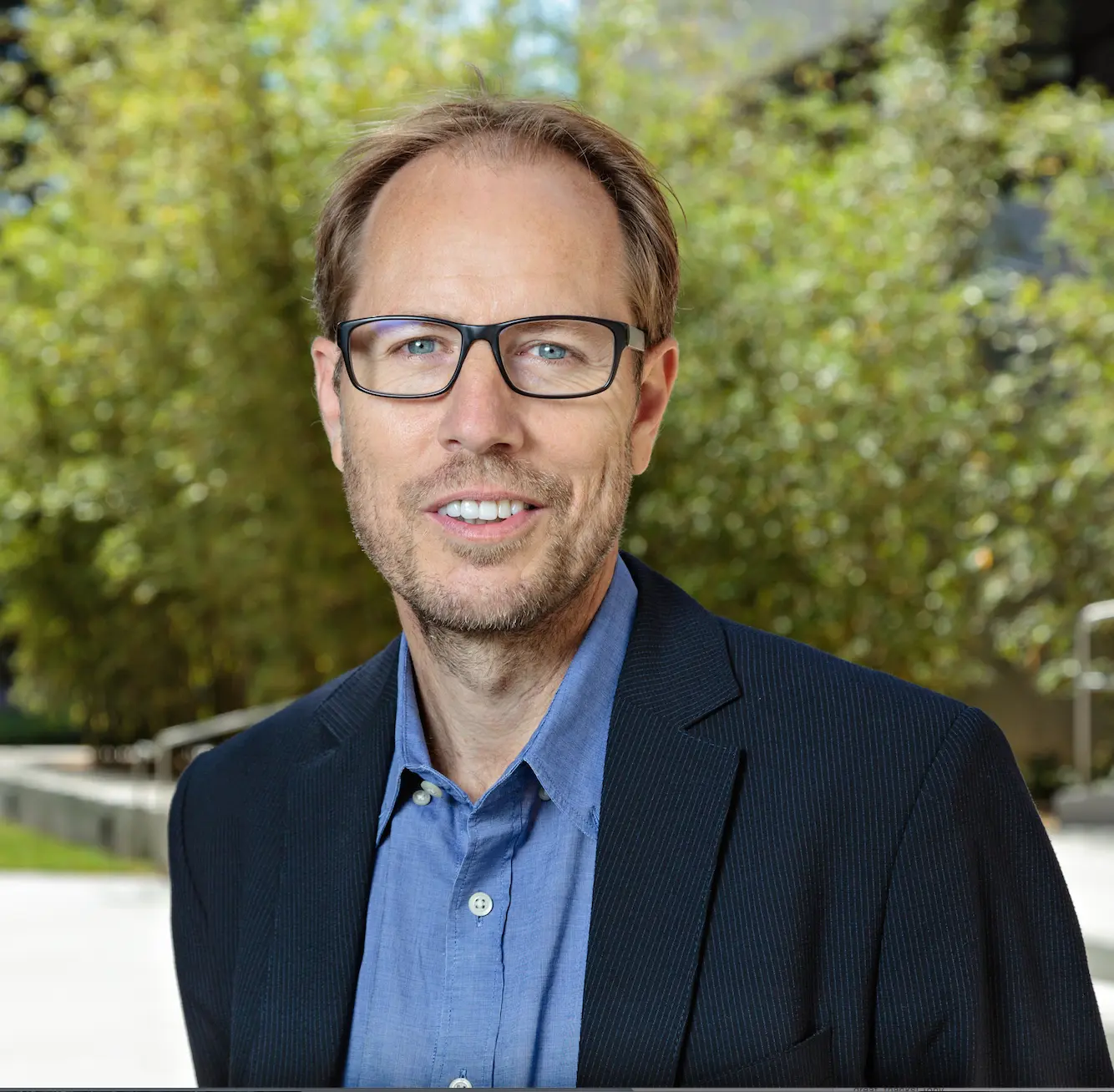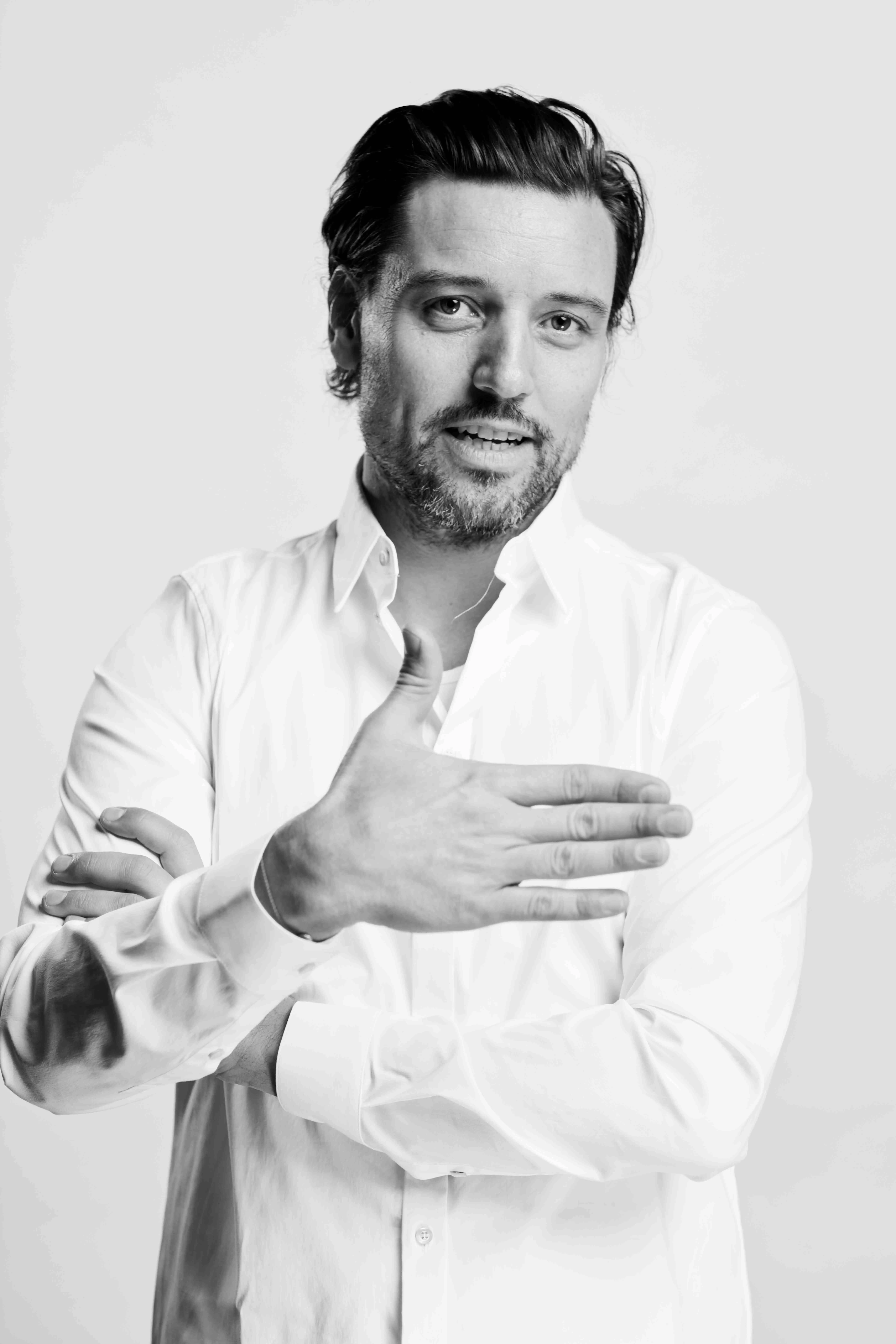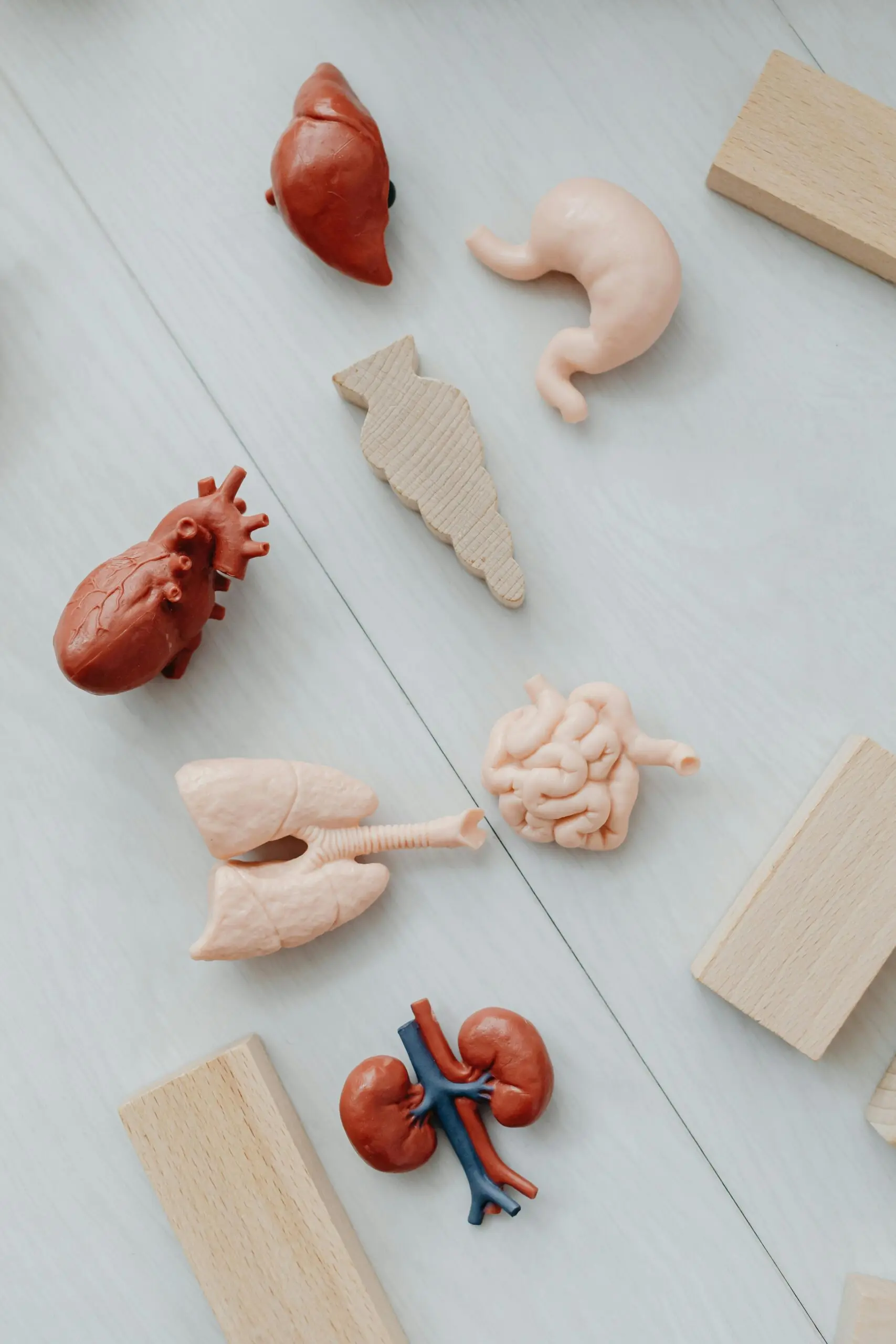Growing old while staying as young as possible, living forever in the best of health – a dream as old as time. The reality, as we all know, often looks quite different. However, research from Stanford in the USA now shows that the fountain of youth is not a secret magical place, but lies within ourselves.
Specifically, in our blood. Professor Tony Wyss-Coray , an expert in neurodegeneration in aging, has shown that proteins in our blood plasma provide information about how we age and which organs, for example, can be triggers for premature aging.
"Most methods of measuring molecular aging previously allowed only statements about the whole body. Given the complexity of human aging processes, it is difficult to draw conclusions from this." The now possible, specific evaluation of individual organs allows for better interpretation.
New study: The chronological age of a person can differ from the biological age of individual organs.
The new study shows that a person's chronological age, measured by the number of years lived, can differ from the biological age of individual organs. For example, a person who is chronologically 80 years old could have a brain that is 10 years younger, or a liver that is actually like that of a 90-year-old. Brain or a liver that is actually like that of a 90-year-old.
The background data for such statements are found in our bloodstreams, which Professor Wyss-Coray likes to compare to a kind of highway, where all the information from the organs and tissues converge. On this human body's highway are thousands of proteins in the blood plasma, which are studied within proteomics. Blood plasma Thousands of proteins, which are studied within proteomics.
In Prof. Wyss-Coray's research, certain markers have crystallized in the measurement of around 5000 proteins, i.e., organ-specific proteins that provide information about the condition of a very specific organ, such as the liver, lungs, or brain.
Organs that age faster can lead to serious diseases.
"We found a clear connection between faster aging of an organ and an organ-specific disease." A heavily aged kidney can thus be associated with metabolic diseases, such as diabetes , obesity and . A , which is biologically older than the human being in which it beats, suggests an increased risk of heart attack.
